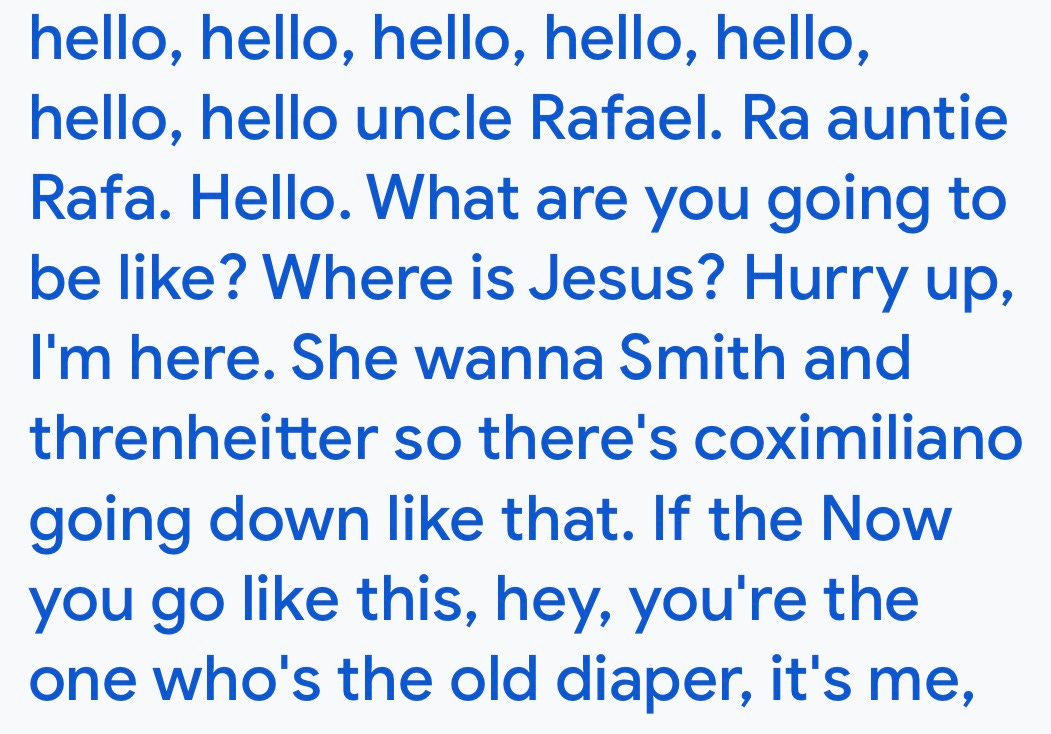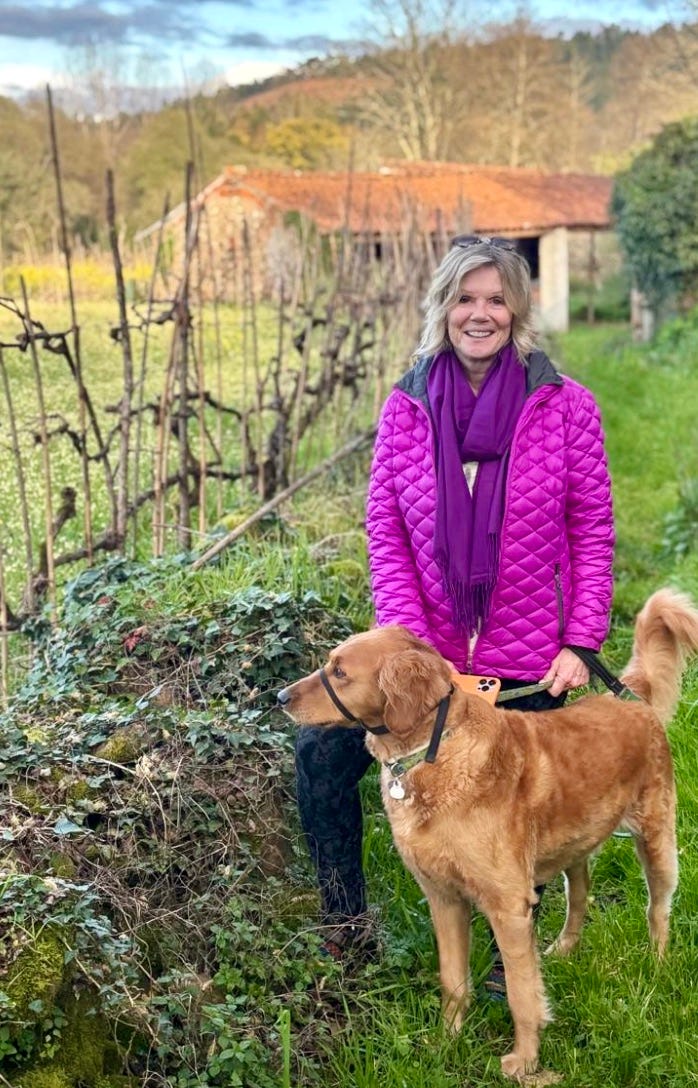In my mind, there are points of acceptance when living in a new culture at which you seem to ‘level up’ – like when your neighbors stop to greet you, and when they say ciao amanhã (goodbye tomorrow) as if they assume you are now part of their landscape.
And when they give you produce from their farms and gardens, when they share flower bulbs with you, when they invite you to a dinner, when they invite you to hike with them, and when they ask you to please bake some more of those American cookies.
And when they call someone else in the village an estrangeiro, but say you’re not an outsider, a stranger – you’re a neighbor.
A few days ago, I felt I ‘leveled up’ again. Late in the afternoon, I heard my gate bell ring. I came out on my terrace and, looking down, saw Granny Cabbage’s daughter. Like her mother before her, she’s brought me plenty of greens over the past two years.
But this time, she was empty-handed. She waved up at me and started talking animatedly. Her Portuguese is difficult for me to understand but it appeared she urgently wanted to speak with me. I went down and opened the gate.
From what I could make of the torrents of Portuguese streaming out of her, she was coming to ask me a favor. I was delighted! She’s done so much for me, it would be a pleasure to help her out in return. It felt like another notch of acceptance here in the village to be asked to help someone.
From her torrent of Portuguese, I managed to decipher the words ‘tomorrow’ and ‘doctor,’ as well as the name of a nearby town. Several times she said ‘five’ and held up five farm weathered fingers to me. There was something also about her son not being able to do this. I gathered she wanted a ride to a doctor’s appointment and told her I would be glad to help.
When she reappeared at 4:45 the next day by my gate, I was ready with my car keys and off we went. Initially she kept up a stream of chatter, giving me directions, and pointing the way. Words like ‘Mini Preço’ and cemitério helped me orient exactly where she wanted to go.
When I pulled into the parking lot, I saw there was a pop-up doctor’s clinic set up with a large van with the clinic’s name on it and several bright blue tents. People milled about, a few of them in white doctor’s smocks.
Granny Cabbage’s daughter motioned to me to stop the car. Then she turned and offered me one of the two water bottles she’d brought for our short drive. I was touched she’d thought of that. After another stream of Portuguese accompanied by adamant hand gestures, I gathered she wanted me to pull over and wait in the shade.
With that, she strode off to the tents. She’s said it would be a quater of an hour, but she reappeared in just ten minutes, beaming with whatever prognosis she’d received. She clambered back into the car and we set off back to our village. I dropped her off, feeling happy I’d been able to help my neighbor with an important errand.
I’d had the translation app on my iPhone turned on the drive home. It was in the cup holder between us. I parked my car, and walking into my house, took a look at what had been recorded.
To my absolute astonishment, this is what it said:
I’m aware Google translate doesn’t work well with European Portuguese, but that’s what I’d happened to have open during the ride. I’m also aware of how limited my Portuguese is and what a strong regional accent my neighbors have, making them sometimes difficult to understand.
Still, I’m wondering which one of us called the other ‘an old diaper.’ 😆
Kristin Fellows is a published writer, world traveler, and a well-seasoned documentary film consultant. This tale comes to you from a small farming village in Portugal, where she is still surprised to find herself living.
More about Kristin @ kristinfellowswriter.com
[photo of Kristin & Kiitos by Liza Debevec]







Thank you once again for a lovely story. This why we all love living here in Portugal.
I love so much about this!! That you definitely are part of the community now and that hilarious translation!!